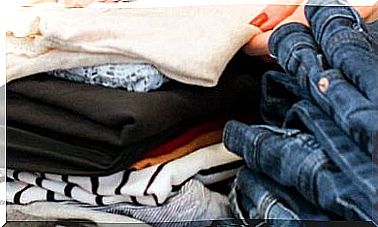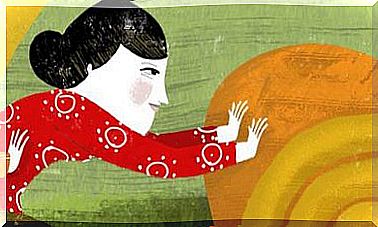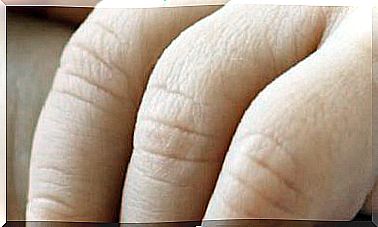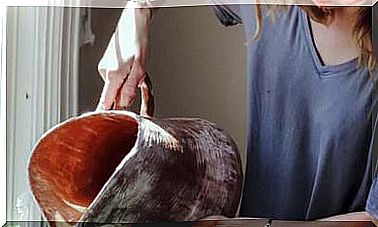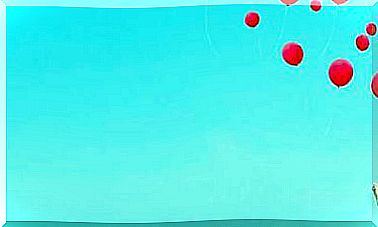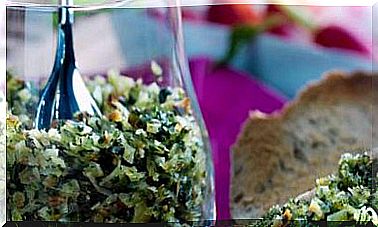8 Initiatives So That Food Does Not End Up In The Trash
From projects and associations that you can support apps to cook with leftovers or buy food at a good price before it is discarded: there are more and more tools to curb food waste.
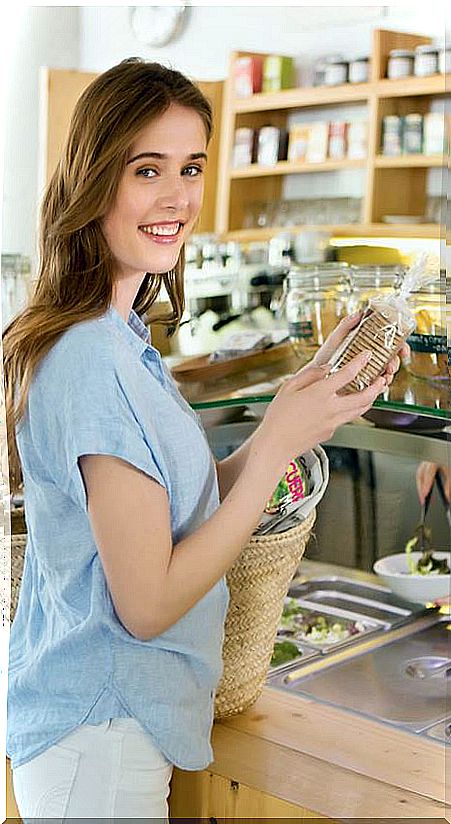
Only in Spain 7.7 tons of food go to the rubbish bin each year and most of it comes from households, although large quantities of food are also thrown away during manufacturing processes and in the catering sector.
In addition to taking measures when buying, preparing and preserving food, we can support different initiatives that promote better use of food that would otherwise end up being wasted. Individuals, producers, businesses, restaurants … we can all contribute our bit.
Projects, associations and apps against food waste
Before throwing away food, think about some of these projects or associations and collaborate with them. You can also get mobile apps that help you manage your surpluses with creative recipes or find offers of food or dishes prepared in shops or restaurants that have not had an outlet during the day.
1. Food banks
In 2016, the Spanish Federation of Food Banks and its 56 associated food banks distributed 154 million kilos of food, helping more than 1.5 million people.
There are food banks distributed throughout the country, at least one in each province, and they have the collaboration of about 3,000 volunteers.
Food banks are in charge of channeling surplus food donated by the agri-food industry, supermarkets, restaurants, hotels, school canteens, fairs and other business activities through welfare and social aid entities officially approved and registered by the Administrations to the most unprotected social sectors.
2. Solidarity refrigerators
The first solidarity refrigerator was put on the street by the Galdakao (Bizkaia) Humanitarian Volunteer Association, and today there are 21 in the Spanish territory, cared for by volunteers.
They are refrigerators that are placed on the public thoroughfare of cities with a small fence or at the headquarters of a social institution so that people at social risk do not have to take food from a container.
Supermarkets, farmers, restaurants, individuals (in containers and labeled, with a preferred consumption date)… they leave their surpluses so that those who need them can collect them. Sometimes they are refilled three times in a day.
Each of these refrigerators prevents 200 to 300 kg of food from ending up in the landfill and the most vulnerable people from starving.
You can see more information about how they work and where they are located here.
3. Pickers to the rescue of fruits and vegetables
Espigoladors volunteers have been fighting against food waste since 2014 and to create more dignified opportunities for vulnerable people. What they do is collect fruits and vegetables in the fields that, due to their bad appearance or size, cannot be sold and that, otherwise, would end up being thrown away despite being suitable for consumption.
95% of these “rescued” fruits and vegetables are channeled to local charities.
With the remaining 5% they make artisan jams under the brand Es Im-perfect, made from imperfect fruit and vegetables. The brand is endorsed by chef Ada Parellada, owner of the Semproniana restaurant, one of the catering establishments most involved in zero waste.
This way of working allows those who “glean” or gather in the fields to become aware that “ugly” products are just as valid as others, both from a nutritional and culinary point of view.
4. I am perfect food, take advantage of me!
Iamperfectfood.com or “I am perfect food” is a startup that recovers food from the industry or supermarkets that are in good condition but that have been discarded due to packaging problems, because they are not ripe, close to the preferred consumption date or of expiration…
They are marketed through a mobile app with up to an 80% discount for its user network.
This mobile app prevents food perfectly suitable for consumption from ending up in containers next to factories and supermarkets.
You have to make a minimum purchase of 15 euros to be served at home and they only operate in Barcelona and Castelldefels. The application can be downloaded from Google Play or APP Store.
5. Bags in restaurants to take what you don’t eat
Through the Remenja’mmm campaign, the associations Rezero, Nutrición Sin Fronteras and Banco Sin Fronteras offer a package designed so that restaurant customers can take home food they never run out. It is what is known as doggy bags or bags for leftovers.
This initiative, similar to other foreign ones and designed to raise awareness against food waste in restaurants, already has more than 100 member restaurants.
6. Nooddle
This application teaches you how to cook and not waste food. You indicate the foods that you have been rolling around in the fridge for days and those that you do not know how to get out, and the platform recommends healthy and simple recipes to prepare.
Includes vegan recipes, gluten free …
7. We save eat
It is one of the most effective mobile applications to buy with discounts of between 50 and 70% small batches of food left over in bars, restaurants, pizzerias or bakeries in Barcelona and Madrid at the end of the day (in mid-2018 there were already about 59 affiliated establishments).
The application adds the “weight” of the product saved from going to the trash, which will be used to compensate the savers or “saviors” customers with a gift voucher.
Highly praised and used by young people and students, it allows you to see the offer in the area where you are (by geolocation) and pay for it through your mobile. You pick up the order half an hour before the store closes, showing the purchase receipt on the phone.
8. Not even the crumbs
This app is similar to the previous one and has its radius of action in Madrid.
It puts customers in contact with catering establishments or bakeries that have not been able to sell all their dishes or offers. Through the mobile, the “migueros” reserve the products at a lower price and collect them at the indicated time, saving and helping to reduce surpluses.


